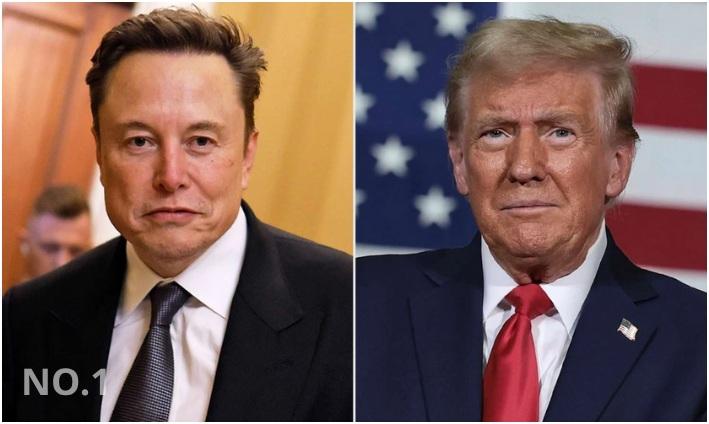The escalating feud between President Donald Trump and billionaire Elon Musk, erupting in early June 2025, is sending shockwaves through global markets, with Australia poised to face significant economic fallout. The public spat, sparked by Musk’s criticism of Trump’s “One Big Beautiful Bill”—a sweeping tax and spending package—has led to a 14% plunge in Tesla’s stock, wiping out over $140 billion in market value in a single day. Trump’s retaliatory threats to cancel billions in federal contracts for Musk’s companies, including SpaceX, have heightened uncertainty, threatening not just U.S. markets but also economies like Australia’s, heavily reliant on trade with both the U.S. and China.

Australia’s vulnerability stems from its trade ties and the broader implications of Trump’s economic policies. The bill, projected to add $2.4 trillion to the U.S. deficit, includes cuts to electric vehicle (EV) tax credits, which could dampen demand for Tesla vehicles and, by extension, Australian lithium and nickel critical for EV batteries. A Daily Mail report warns that a slowdown in Tesla’s production could reduce demand for Australia’s mining exports, with lithium prices already volatile. Additionally, Trump’s tariffs—10% globally and up to 104% on Chinese goods—could further disrupt Australia’s economy by slowing China’s demand for Australian iron ore and other resources, potentially depreciating the Australian dollar and raising import costs.
The Australian share market felt immediate effects, with the ASX 200 closing down 0.3% on June 6, 2025, as investors reacted to the Tesla sell-off and broader U.S.-China trade tensions. CBA chief economist Luke Yeaman notes that while a recent U.S.-China trade deal mitigated some risks, escalating tariffs could still trigger a “head-on crash” for global supply chains, impacting Australia’s commodity exports. UNSW’s Scott French highlights that a weakened Chinese economy could reduce demand for Australian goods, potentially costing the economy $19 billion to $36 billion if Trump’s full tariff plan is implemented.
Musk’s threat to decommission SpaceX’s Dragon spacecraft, later retracted, raised concerns about disruptions to U.S. space programs, indirectly affecting Australian space-tech firms reliant on U.S. contracts. As Trump pushes his tariff-heavy agenda and Musk flexes his financial influence, Australia faces a delicate balancing act. Prime Minister Anthony Albanese’s upcoming meeting with Trump could be pivotal, but navigating this volatile U.S. landscape will require strategic economic reforms to shield Australia from the brewing storm.






